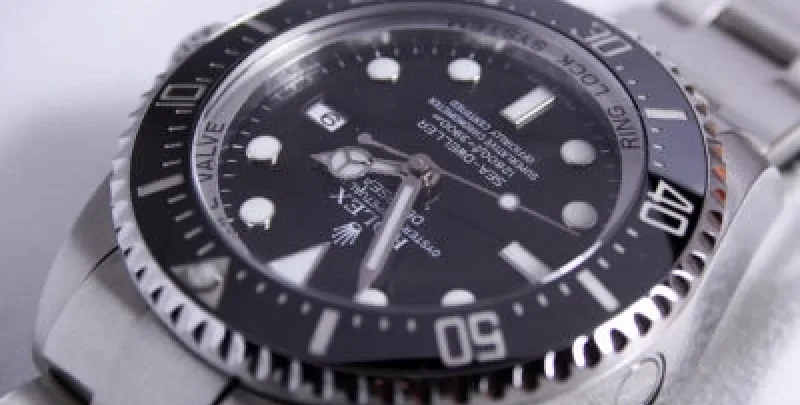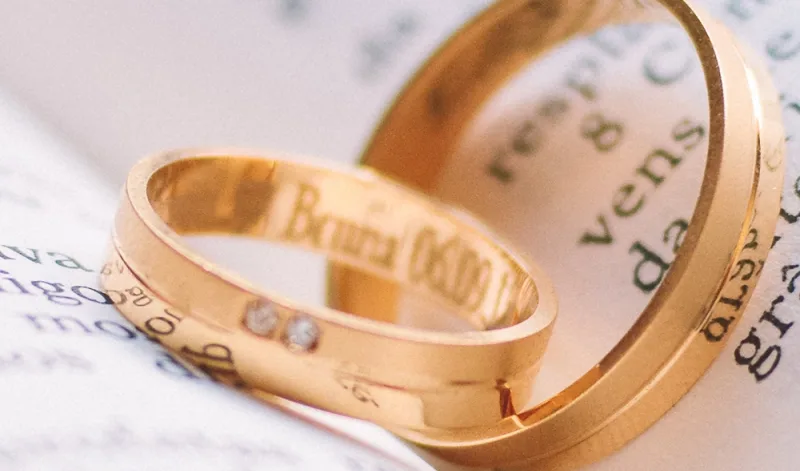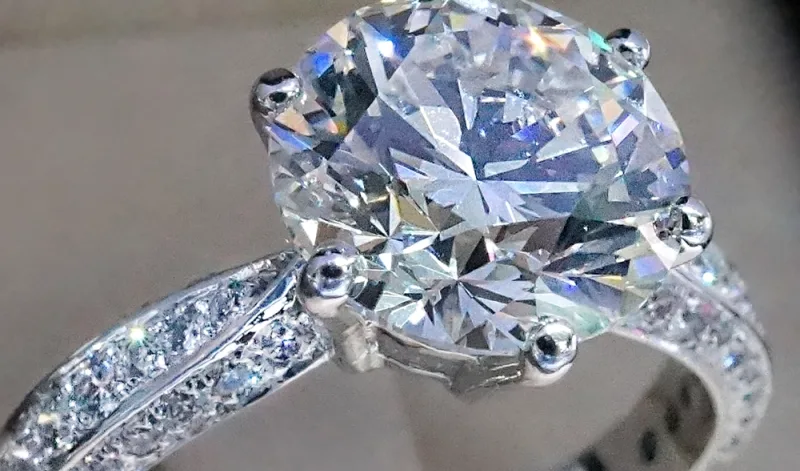Watch Care from Assetsure
At Assetsure, we provide insurance for watches. We are happy to cover single items or collections and can quote for all recognised brands. When you buy watch insurance, you will have protection in the event that something sudden or unforeseen happens; a policy from Assetsure will give you peace of mind that your valuable watch or watches are protected.
Caring for your watch
Quality watches are an appreciating asset, and over a period of time their value can increase considerably. Caring for your watch is thus essential, a quality timepiece is a precision instrument with intricate complications, inside it’s protective housing are hundreds of tiny delicate moving parts, caring for your watch with ensure that internally, the mechanics stay in good working order, and on the outside it remains attractive to look at and wear.
Cleaning
How often should a wristwatch be cleaned? This depends a little on how often it is worn. If it is worn on a regular basis, you should clean it at least once every six weeks, using a soft, dry clean cloth. Avoid using any cloth that has been in contact with chemicals or detergents.
Unfortunately, watches that are used on a regular basis become scratched, and any serious scratches should be dealt with by a professional jeweller. Minor scratches, including scratches to the crystal can often be polished out using a professional watch polishing cloth.
To clean the metal wrist band, it’s important to remove it from the actual watch, even if it is water resistant. A few minutes soaking in mild soapy water are usually all it takes and a soft brush can help to remove any residue, make sure the band is completely dry, before reattaching to your watch.
Leather watch straps can be cleaned by again detaching from the watch and carefully wiping over with a lightly damp cloth, be careful not to allow the watch band to become saturated with water as this will cause discolouration. Treating the leather strap with leather conditioner when first obtained is a good idea and these treatments are easily obtainable.
Servicing
Quality watches with mechanical or automatic movements are highly complex pieces of machinery and in order to run efficiently and keep accurate time, they will need to be serviced on a regular basis. The manufacturer of your watch will provide full details of servicing requirements with your purchase documents. The cost of a watch service can be expensive but is worthwhile; servicing should always be carried out in-line with the manufactures instructions as failure to do so may affect the validity of any warranty.
How often should a watch be serviced?
Watch servicing (which should always be carried out by a professional) involves your watch being: cleaned, oiled and adjusted. If recommended always have the seals and gaskets replaced at the same time.
Generally speaking, most watch manufacturers or jewellers recommend that you have your watch serviced every five years. Some high end watch brands with quality movements have been known to run and keep good time without a service for many years, but in our opinion, a quality item should be looked after and having a regular service will help insure this. If you have a waterproof watch and actively use it in water, it’s a good idea probably to have an annual water resistance test.
Wristwatches use a variety of oils within their movements for different purposes and over time, these can dry or lose cohesiveness which can lead to damage being caused. Many high end watches also are water resistant to a varying degree of depths, and whilst the gaskets and seals do last a lot longer than the oils, it’s important to have them checked to ensure your watch remains moisture free. A good quality watchmaker will have the tools to test the amplitude, time keeping and the effective water resistance of your watch.
Things to Avoid
Water – Even if you own a water resistant watch, its resistance cannot be guaranteed, certainly over a long period of time and especially if you do not have the watched serviced. Make sure that when you have adjusted your watch, using the crown that you push it back in fully, water can easily enter the watch if the winder is not returned to its normal position, also, take care when operating chronograph pushers as if these are not operated correctly, water may enter the mechanism. If you swim in the sea and wear your watch, always wash as soon as possible as sea water is corrosive.
Temperature - Watches are delicate instruments and manufactures usually provide details in the handbook of suggested temperature maximums and minimums, whilst most of us will never experience the temperatures that can cause watch damage, it’s probably best to avoid sudden changes in temperature. These sudden changes can affect the effectiveness of water seals on watches
Magnetic Fields - Avoid placing your watch on to any electrical apparatus; these items can create magnetic fields, which can be damaging to you watch.
Shocks - Any type of shock to your watch can be damaging. Most watches are shock proof to a certain degree but even so, shocks and are best avoided. When playing sport, unless you have a specially designed watch, it’s probably best to take it off.
Chemicals - Avoid direct contact with detergents, solvents, perfumes and cosmetics. These can damage bracelets and gaskets
Assetsure will provide insurance for your watch against a wide range of insurance perils such as accidental damage, theft and physical loss. Please contact our office if you require a quotation.






























